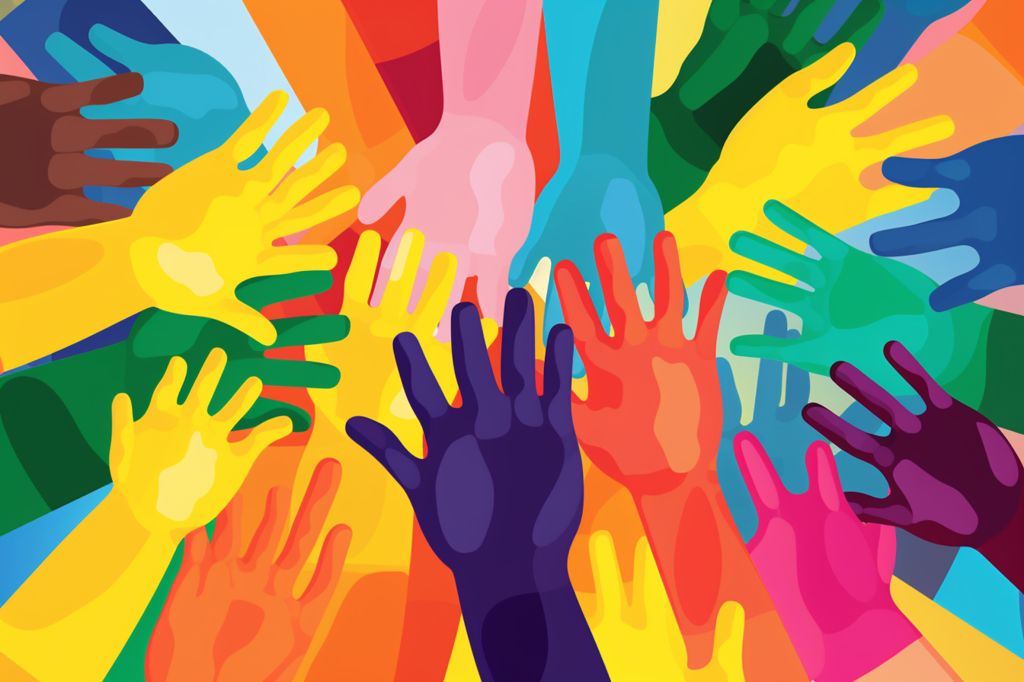Every year, South Africa dedicates a month to raise awareness about the challenges faced by persons with albinism. National Albinism Awareness Month seeks to dispel myths surrounding albinism, a rare genetic condition characterized by reduced melanin pigment in the skin, hair, or eyes.
The Need for Global Recognition
In 2015, the General Assembly declared June 13th International Albinism Awareness Day (IAAD) to emphasize the need for global recognition and support for persons with albinism. Despite this milestone, individuals with albinism continue to confront stigmatization, discrimination, and human rights abuses.
Promoting Inclusion and Community Engagement
South Africa’s Department of Women, Youth, and Persons with Disabilities, in collaboration with the National Albinism Task Force, strives to promote a more inclusive society through education, dialogue, and community engagement. One such initiative is an outreach program and webinar for youths with albinism, aimed at addressing pressing issues affecting their lives.
Inclusion is Strength
The theme for this year’s celebrations is “Inclusion is Strength,” carrying forward the momentum of last year’s slogan, “United in making our voice heard.” The objective is to involve individuals with albinism in all aspects of life, highlighting the value of diversity in the albinism community and beyond.
The Significance of Albinism Awareness Month
The 2023 Albinism Awareness Month will emphasize the significance of engaging a wide range of voices, encouraging collaboration within the disability movement and other sectors that impact the lives of persons with albinism, and building synergies with human rights organizations and entities outside the albinism movement.
Fostering Understanding and Supporting Rights
By raising awareness about albinism and its challenges, we can foster understanding and ensure that individuals with albinism enjoy their civil, political, economic, social, and cultural rights as enshrined in South Africa’s Bill of Rights and Constitution.
Call to Action
The Department of Women, Youth, and Persons with Disabilities urges communities and workplaces to participate in activities throughout Albinism Awareness Month, such as talks, fun days, picnics, charity walks, and fun runs. South Africa’s White Paper on the Rights of Persons with Disabilities represents a call to action for government, civil society, and the private sector to collaborate in achieving social and economic inclusion for persons with disabilities, including those with albinism.
Essential Human Rights Principles
The International Convention on the Elimination of All Forms of Racial Discrimination and the Convention on the Rights of Persons with Disabilities guarantee protection against discrimination, highlighting the importance of equality and non-discrimination as essential human rights principles for individuals with albinism.
Embracing Inclusion
Finally, it is crucial that people with albinism are treated with care, love, respect, and dignity, receiving assistance and support whenever necessary. The National Albinism Awareness Month serves as a reminder to embrace inclusion and celebrate the strength that lies in diversity, fostering an environment where everyone, regardless of their genetic makeup, can thrive.








